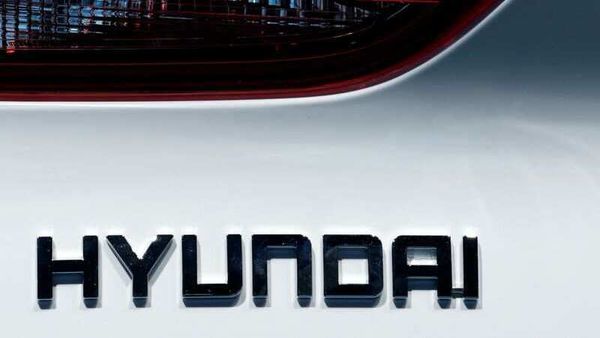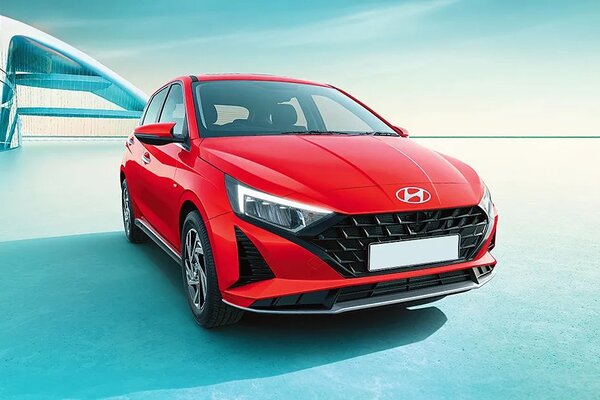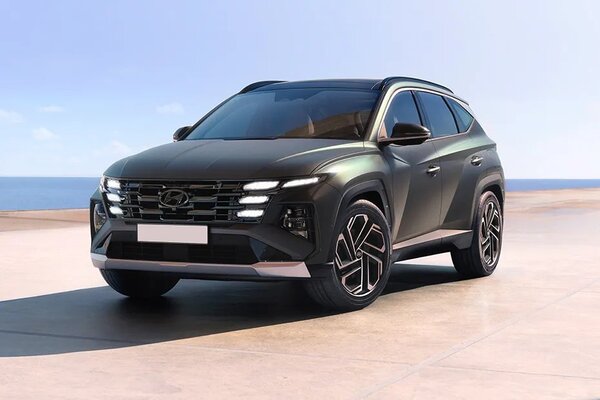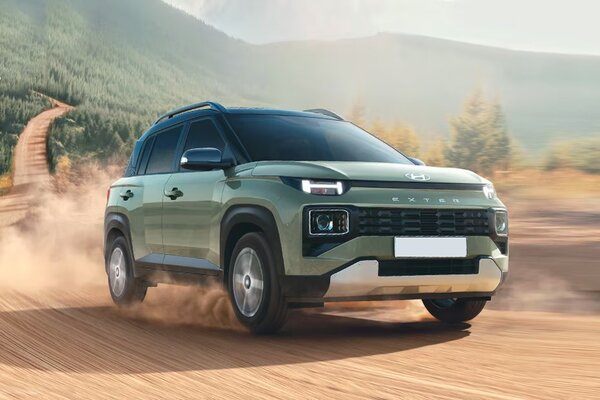Hyundai Motor to make electric cars in Singapore: Report
- Hyundai will reportedly produce 30,000 electric cars a year at the Singapore plant, with as many as 6,000 set to be sold in the city-state.


Hyundai Motor Co. will manufacture electric vehicles in Singapore starting in 2022, the Straits Times reported.
The Seoul-based automaker will produce 30,000 electric cars a year at the Singapore plant, with as many as 6,000 set to be sold in the city-state, the newspaper said, citing Teo Hock Seng, executive chairman of Hyundai distributor Komoco Motors.
Also check these Cars
Also Read : Why Hyundai is tripling down on Ioniq brand with three EV launches starting 2021
The first vehicle from the plant will likely be an electric compact crossover that may be called Ioniq 3, the newspaper said, citing sources it didn’t identify. Construction for the 28,000 square-meter (301,389 square-foot) Singapore factory is set to begin in October, after delaying it from May due to the coronavirus outbreak, the paper said.
Also Read : Hyundai Kona electric sets range record of over 1000 kms on single charge
South Korea’s largest automaker said earlier this month it plans to release new electric vehicles, setting a target of 10% of that market in five years. The company will unveil three EV models under its Ioniq brand starting from early 2021 to 2024, with the aim of selling 1 million of these vehicles by 2025.
Hyundai Motor also said earlier this year it was setting up an innovation center in Singapore to develop and test technology across the automotive supply chain, including the trial of the manufacturing process for electric vehicles. Construction of the facility in the western part of the island-state was targeted to complete in the second half of 2022, it said at the time.
The Singapore plant will employ hundreds of workers, the Straits Times cited a Hyundai spokesman as saying. He declined to give an investment figure for the project.
In October, Dyson Ltd. abandoned a $2.5 billion plan to build electric cars in Singapore because the maker of vacuum cleaners and hair dryers couldn’t find a way of making the project commercially viable. Ford Motor Co. closed its factory in the city-state about 40 years ago, effectively ending car production on the island.








 39.2 kWh
39.2 kWh 452 km
452 km

 1197 cc
1197 cc Petrol
Petrol













